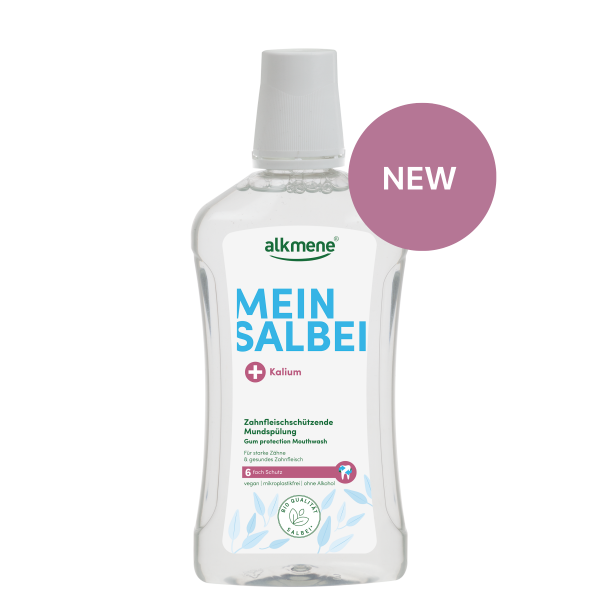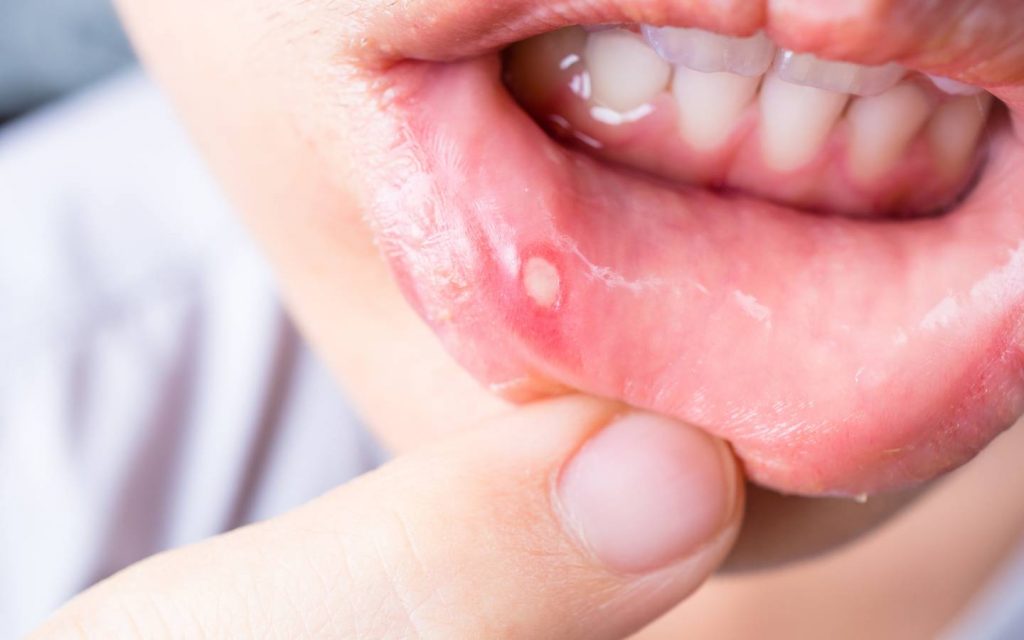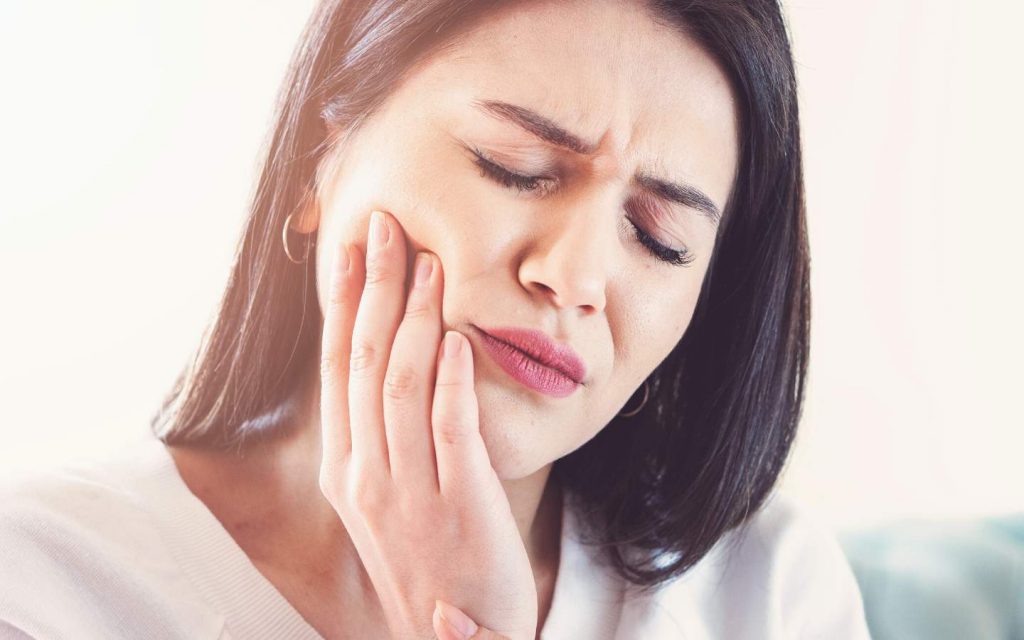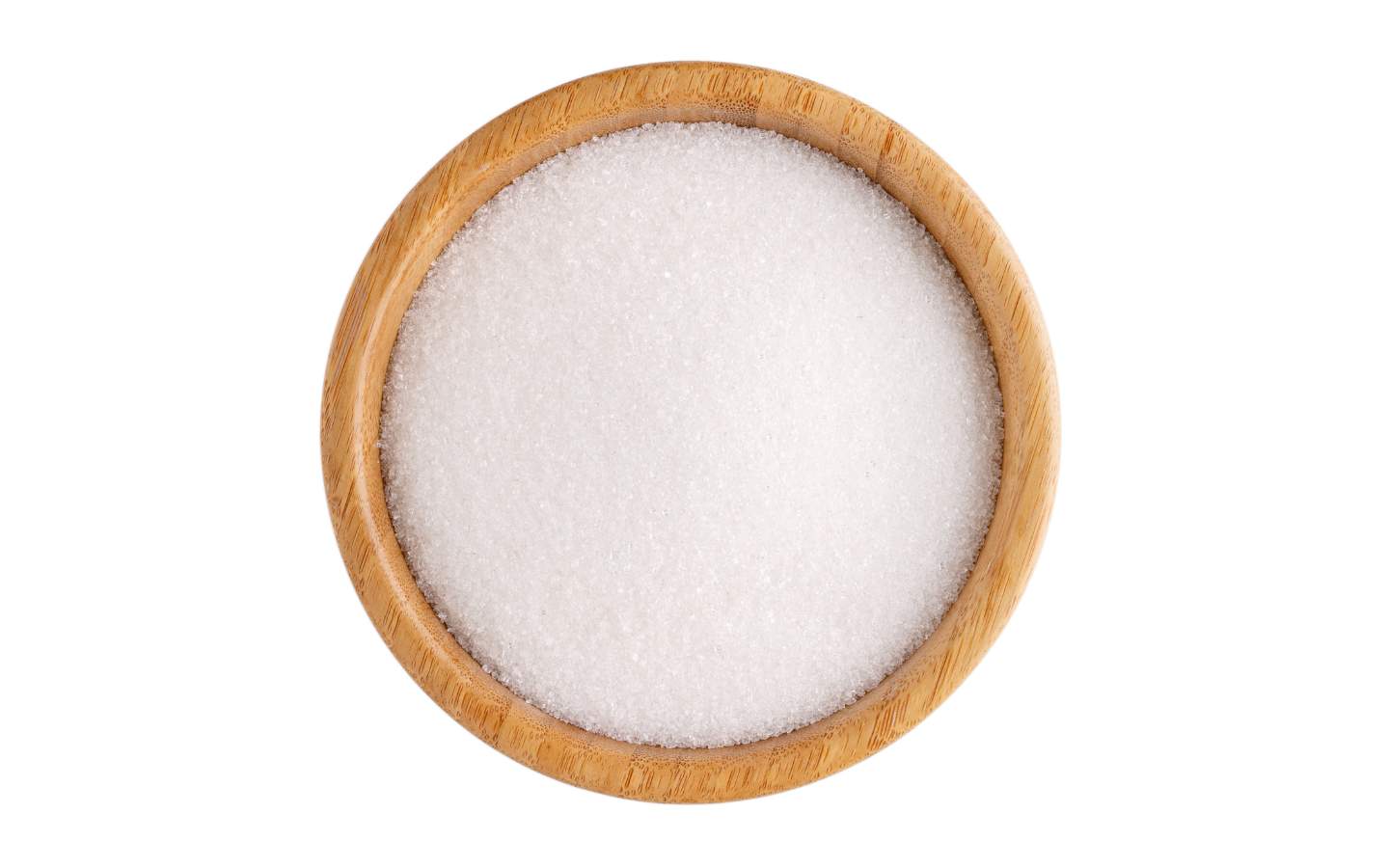
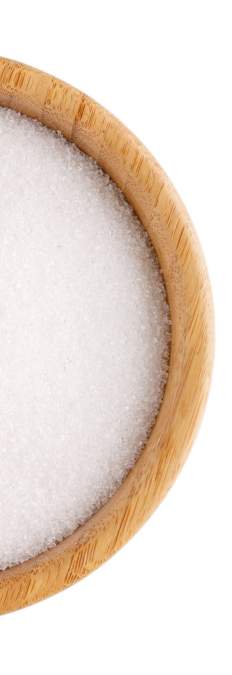
POTASSIUM -
What are the properties of potassium?
You may have seen a toothpaste or mouthwash in the shops that contains potassium in the form of potassium citrate, potassium nitrate or potassium chloride, for example. As the latter potassium chloride in particular is also available in some countries as sodium-free table salt and we often use salt in cosmetics to adjust the firmness of products, this ingredient initially appears to be relatively unimportant. However, in this article we want to explain that potassium plays an essential role in oral care products and why we use potassium in our MY SAGE mouthwash.
What effect does potassium have?
Potassium has vital functions in the body, as it regulates fluid balance and supports nerve and muscle activity. And this is precisely where we find an exciting benefit of potassium in the oral care sector. Potassium can block the transmission of pain signals from our teeth. It therefore soothes sensitive teeth (e.g. temperature sensitivity). Our teeth are often very sensitive to hot or cold food and drinks. There are small channels in our teeth that transmit the pain signal. Potassium can penetrate these and interrupt this signal.
How is potassium obtained?
We use potassium chloride in our mouthwash, which is extracted from German potash mines. Salt, which also contains potassium, is mined underground in these mines. Table salt, which is commonly used in the kitchen, is produced in the same way.
Further questions about the effect of potassium
Potassium chloride is used both in medicine and in the food industry and is considered safe when taken in appropriate quantities. Our MY SAGE mouthwash only contains very small amounts of potassium, so you don’t need to worry about the dosage in this case.
Even though the potassium in the mouthwash can be used by all age groups, we must also take a look at the MY SAGE mouthwash itself. As it also contains zinc, we can unfortunately only recommend MY SAGE mouthwash for adult users. However, the additional potassium is completely safe for all adult users.
Mouthwashes have their very own categories, from “Extra White” and “Sensitive” to “Antibacterial” or “Extra Fresh” with a high menthol content. While we already offer an antibacterial effect with our MY TEA TREE OIL mouthwash, we consider our MY SAGE mouthwash to be in the sensitive range thanks to the soothing effect of sage. Potassium is the ideal boost here, as it has long been known in dentistry for its pain-relieving effect on sensitive teeth. Potassium therefore perfectly rounds off the sensitive character of our MY SAGE mouthwash.
